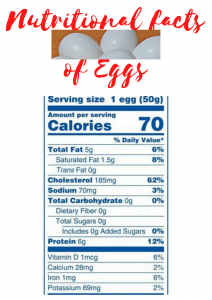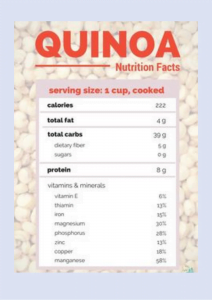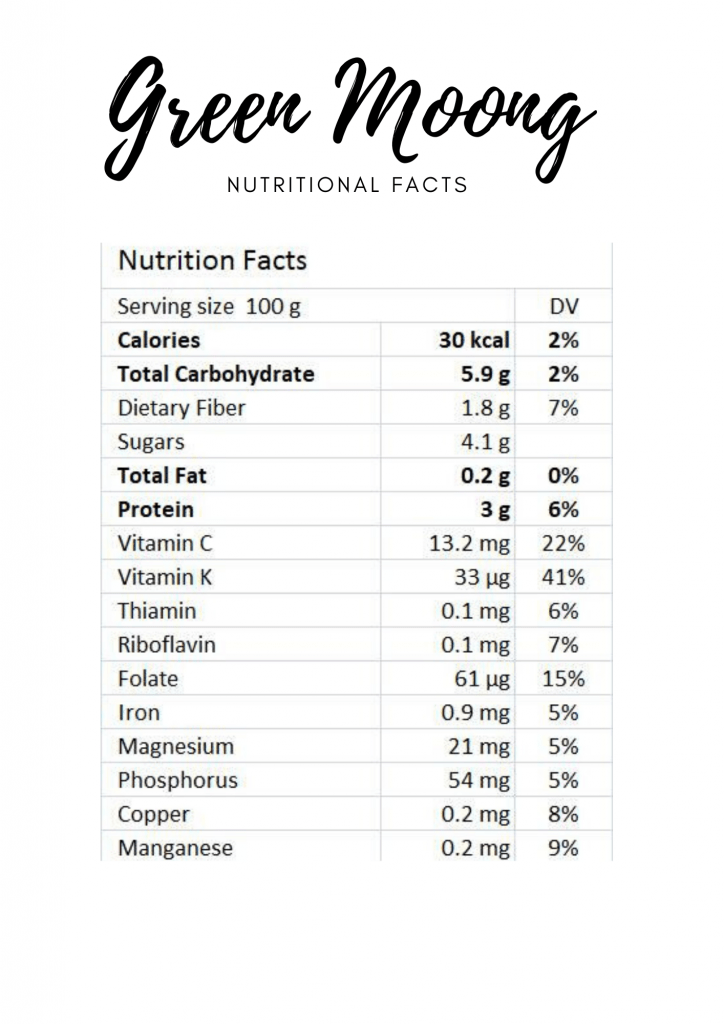Table of Contents
Introduction
We eat food every day and knowing its nutritional value or facts is of high importance. I have mentioned some of these food items in my on Prudent Diet.
In this article we will learn about the nutritional value of 5 items that we regularly use in our daily diet.
1. Nutritional Facts of Eggs
Eggs are very high in Protein and Good Cholesterol or Fat. Let’s now learn all about its nutritional value and how it benefits our health.
Calorie Content: 1 large egg contains approximately 78 calories. Protein: 1 large egg provides about 6 grams of protein.
Fat: 1 large egg contains around 5 grams of fat, with only 1.6 grams being saturated fat.
Cholesterol: 1 large egg has about 186 milligrams of cholesterol.
Vitamins and minerals: Eggs are a good source of vitamins A, D, E, and B12, as well as minerals like iron and selenium.
Consumption: It is generally safe to consume up to 7 eggs per week for good health.
Health benefits: Eating eggs can support muscle growth, promote eye health, provide essential nutrients, and contribute to satiety due to their protein content.
For more information, see below-

2. Nutritional facts of Soya Chunks-
Soya chunks are high in protein and low in Fats.
Soya chunks are a nutritious food that can contribute to your overall health. They are rich in protein, which is essential for muscle growth and repair.
Soya chunks also contain essential amino acids, vitamins, and minerals, including iron, calcium, and phosphorus. These nutrients support bone health, blood circulation, and energy production.
Additionally, soya chunks are low in saturated fat and cholesterol, making them a heart-healthy choice. Incorporating soya chunks into your diet can help improve your health by providing a plant-based source of protein and essential nutrients.
See here for more information-

3. Nutritional facts of Quinoa
Quinoa is a cereal that is high in proteins and fats.
Quinoa is a nutritious grain that offers several health benefits. It is a good source of protein, fiber, vitamins, and minerals.
Regular consumption of quinoa can improve digestion, support weight loss, and provide essential nutrients.
To learn more about quinoa’s nutritional facts and health benefits, you can refer to this article: What happens to your body when you eat quinoa every day.
See here for its composition-

4.Nutritional Facts of Green Gram [Moong]
Green gram or moong is rich in carbohydrates, proteins, vitamins and minerals. .
Green gram, also known as moong dal, is a nutritious legume that offers several health benefits. It is rich in protein, fiber, vitamins, and minerals, making it a valuable addition to our diet.
Green gram sprouts, in particular, provide additional nutritional advantages. They are easy to digest, contain enzymes that aid digestion, and are packed with antioxidants.
Adding green grams and its sprouts to our diet can contribute to improved overall health and well-being.
Here is a detailed nutritional fact about green gram-

Conclusion
I hope you have gained a good knowledge about these 4 nutrients. use them in your daily diet to reap the benefits and live a healthy life.
Adios.
